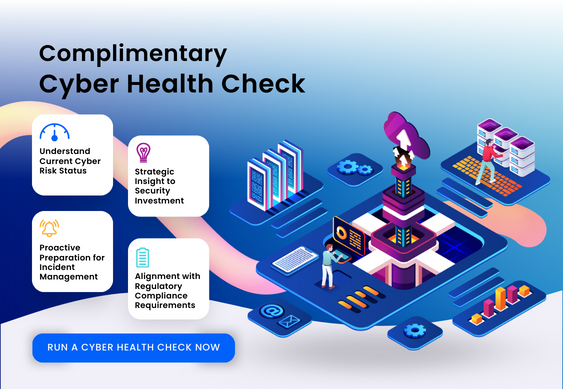Cybersecurity Defined: A Comprehensive Guide
Stay Safe Online: A Comprehensive Guide to Cybersecurity
Cybersecurity is a term we hear often, but what does it really mean? At its core, cybersecurity involves protecting computer systems, networks, and data from digital attacks. DataGuard offers a range of services to safeguard your information from threats like malware, phishing, and ransomware. Understanding the definition and scope of cybersecurity is the first step in protecting yourself and your organization from potential cyber threats.
What is Cybersecurity?
Cybersecurity is the practice of defending computers, servers, mobile devices, electronic systems, networks, and data from malicious attacks. It’s a multifaceted field that involves various technologies, processes, and practices designed to protect information and ensure its integrity, confidentiality, and availability.
Why is Cybersecurity Important?
In our interconnected world, cybersecurity has become a critical issue for individuals and organizations alike. Think about all the personal information stored on your devices—photos, financial data, personal communications. Now, imagine if that information fell into the wrong hands. Cybersecurity measures are essential to prevent such scenarios, protecting you from identity theft, financial loss, and privacy breaches.
What Are The Common Cybersecurity Threats?
Understanding the threats is crucial to appreciating the importance of cybersecurity. Here are some common types of cyber threats:
Malware
Malicious software designed to cause damage to a computer, server, or network.
Phishing
Fraudulent attempts to obtain sensitive information by pretending to be a trustworthy entity.
Ransomware
A type of malware that encrypts data and demands payment for the decryption key.
Man-in-the-Middle (MitM) Attacks
Intercepting and altering communication between two parties without their knowledge.
Denial-of-Service (DoS) Attacks
Overwhelming a system, server, or network to disrupt normal service.
The Role of Cybersecurity in Everyday Life
Cybersecurity isn’t just for large corporations or tech companies—it’s for everyone. Whether you’re shopping online, checking your email, or using social media, cybersecurity practices help protect your information. Simple actions like using strong passwords, keeping your software updated, and being cautious of suspicious emails can make a big difference.
The Evolution of Cybersecurity
Cybersecurity has evolved significantly over the years. Early efforts focused on securing physical computers and networks. Today, with the rise of cloud computing, the Internet of Things (IoT), and mobile technology, cybersecurity has expanded to cover a wide array of digital assets. This evolution continues as new technologies emerge, necessitating ongoing vigilance and adaptation.
Cybersecurity Best Practices
Here are some key practices to help you stay secure:
- Use Strong, Unique Passwords: Avoid using the same password across multiple sites and make sure your passwords are complex.
- Enable Two-Factor Authentication (2FA): Adds an extra layer of security by requiring a second form of verification.
- Keep Software Updated: Regular updates can fix security vulnerabilities in your software.
- Back Up Data Regularly: Ensure you have copies of your important data in case of a cyberattack.
- Educate Yourself and Others: Awareness is the first step in prevention. Stay informed about the latest threats and how to avoid them.

How Can DataGuard Help?
While this article aims to inform, it’s worth noting that professional cybersecurity services can provide robust protection that personal measures alone may not cover.
DataGuard offers a range of solutions tailored to your needs, from Managed Detection Response (MDR) and Managed Security Awareness Training. Our team of experts is dedicated to keeping your digital world secure.
Understanding cybersecurity is essential in today’s digital age. By knowing what cybersecurity entails and the various threats out there, you can take proactive steps to protect yourself and your organization. Remember, cybersecurity is not just a technology issue; it’s a personal responsibility. Stay informed, stay vigilant, and stay secure.
Back to Articles/Blog




